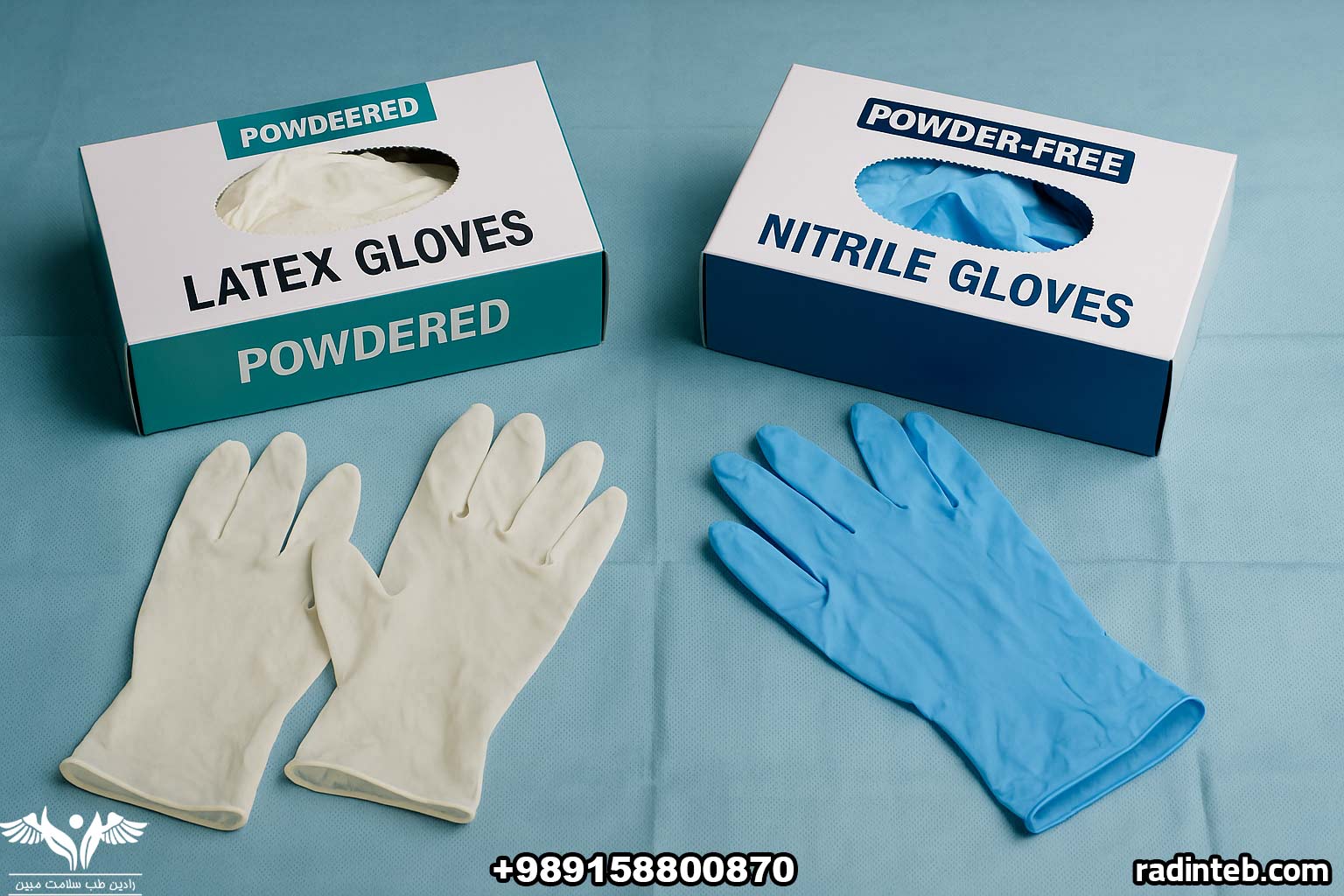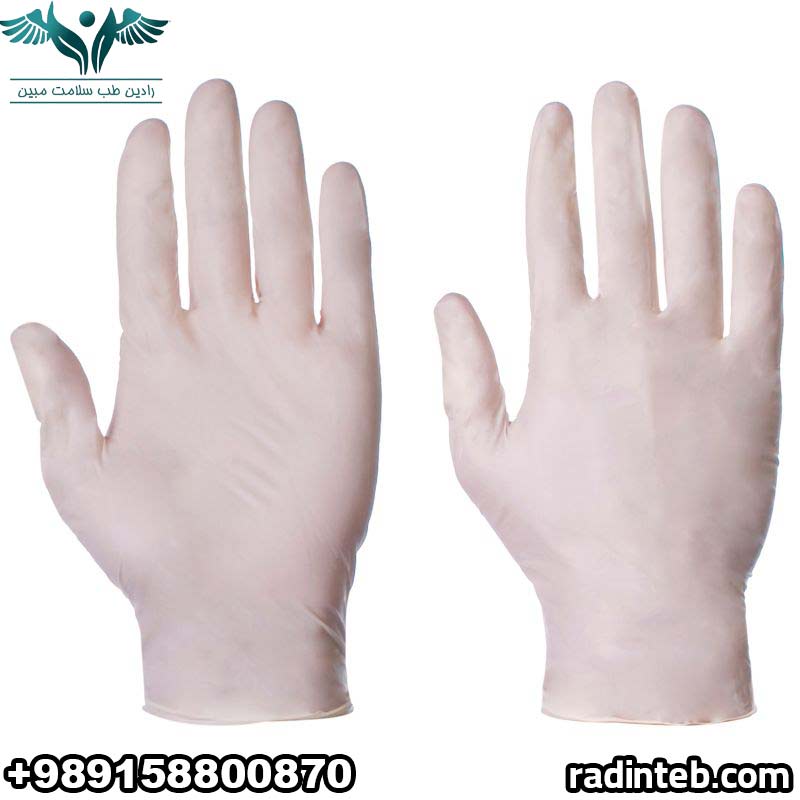
Powdered vs. Powder-Free Gloves: Which Is Best for Surgery and Examination?
Introduction
Medical gloves are essential in maintaining hygiene and safety during clinical procedures. Among the most commonly used types are powdered and powder-free gloves. Understanding their differences and ideal applications is crucial for making informed choices in both surgical and examination settings.
What Are Powdered Gloves?
Powdered gloves are coated with cornstarch to make them easier to put on and take off. The powder absorbs moisture, reducing friction between the glove and the skin. As a result, they are highly convenient, especially in environments where gloves must be changed frequently.
However, despite their practicality, powdered gloves have been associated with several health concerns. The powder can cause allergic reactions in some individuals and may interfere with wound healing if it enters open surgical sites. Therefore, their use in sensitive medical procedures has declined significantly.
What Are Powder-Free Gloves?
As the name suggests, powder-free gloves do not contain any added powder. These gloves undergo additional processing, such as chlorination or polymer coating, to make them easier to wear.
Consequently, powder-free gloves reduce the risk of allergic reactions and inflammation, making them a safer option for both healthcare workers and patients. They are commonly used in surgeries and procedures where maintaining sterility is critical.
Which Type Is Suitable for Surgery?
Powder-free gloves are the standard choice for surgical procedures. They maintain a sterile environment, minimize the risk of complications, and comply with international health regulations. In fact, many regulatory bodies have banned powdered gloves in operating rooms.
Which Type Is Better for Examinations?
For routine examinations or short-term patient contact, powdered gloves can still be used in some cases. Their ease of use and lower cost make them a practical choice in non-sterile environments, such as general checkups or first aid.
However, as awareness of allergic responses grows, more clinics are transitioning to powder-free gloves even for examination purposes.

Radin Teb: Your Trusted Supplier of Medical Gloves
If you’re looking for high-quality powdered or powder-free gloves, Radin Teb offers a wide range of options suitable for surgical and examination use. Our gloves meet international standards and are available in various sizes and materials. Moreover, we ensure every product is safe, reliable, and competitively priced. Contact us today to learn more or place your order.
Frequently Asked Questions (FAQs)
1. Are powdered gloves banned in surgeries?
Yes, in many countries, powdered gloves are banned in surgical procedures due to their potential health risks.
2. Are powder-free gloves more expensive?
They tend to be slightly more costly due to the extra processing involved, but their safety benefits outweigh the price difference.
3. Can powdered gloves cause allergies?
Yes, the powder—usually cornstarch—can cause allergic reactions or respiratory issues in sensitive individuals.
4. Which glove type is more environmentally friendly?
Both types can be eco-friendly if made from biodegradable materials like natural latex. The environmental impact depends more on the material than the presence of powder.

